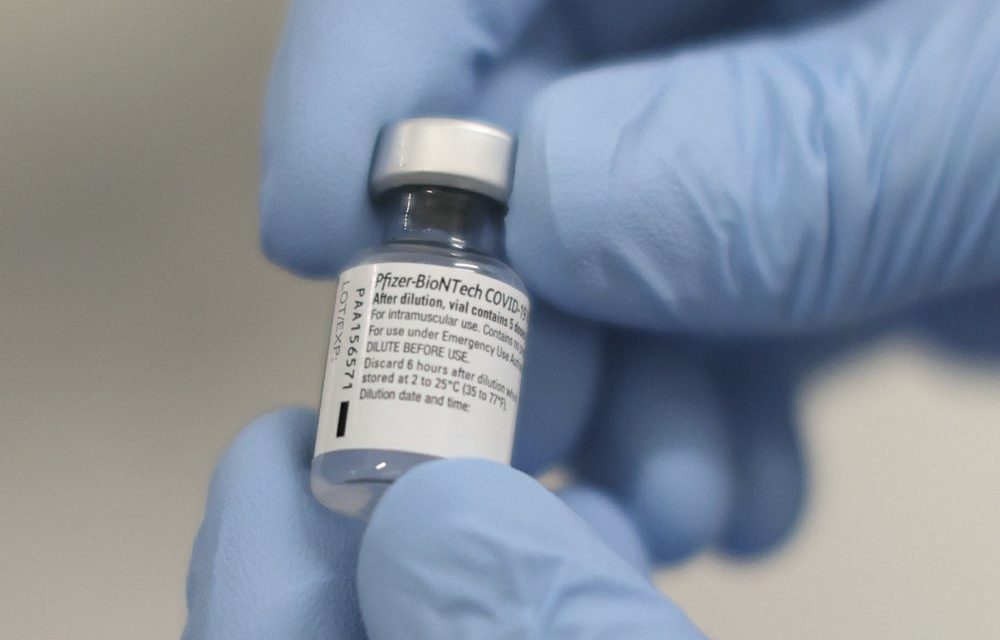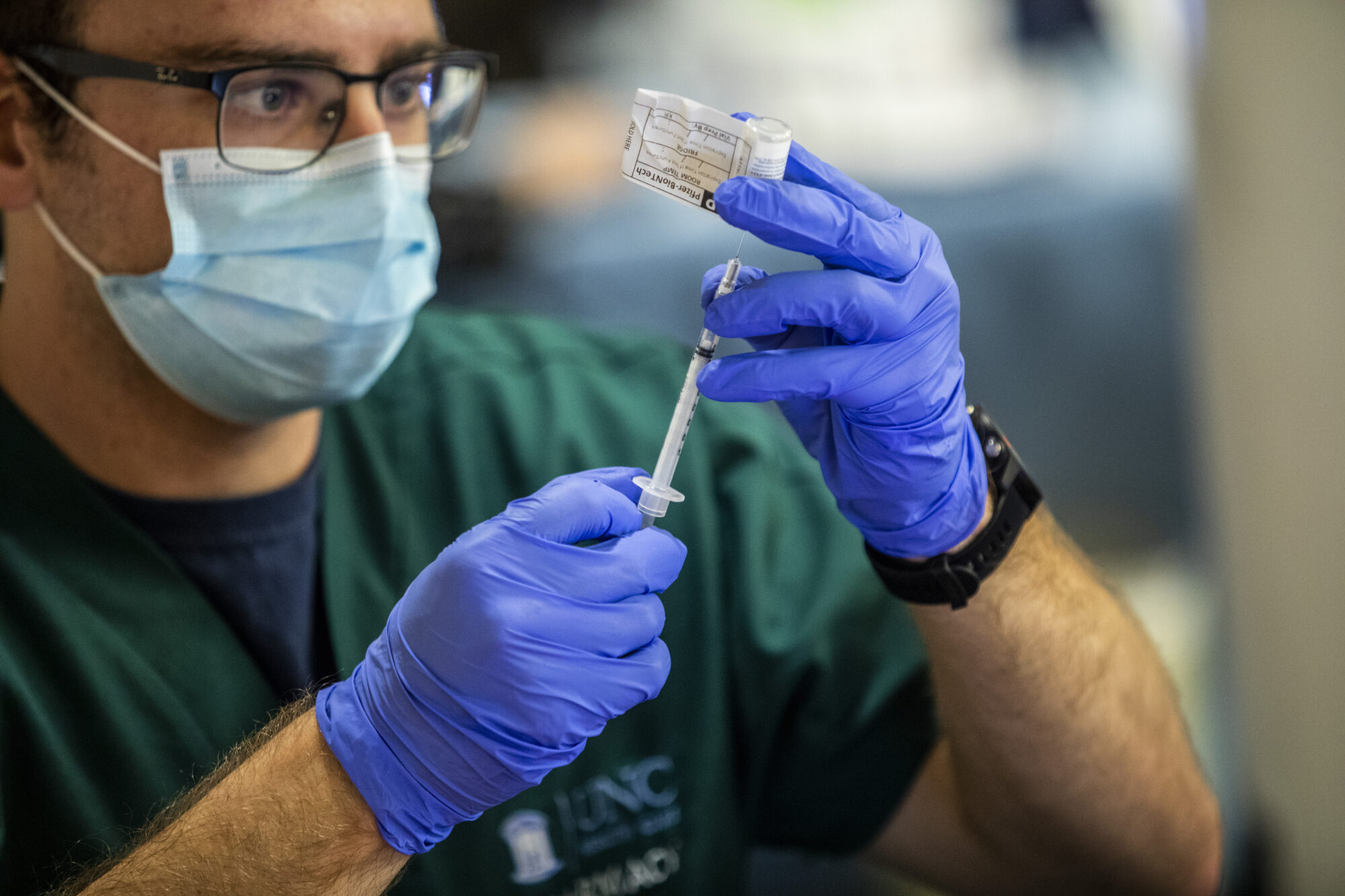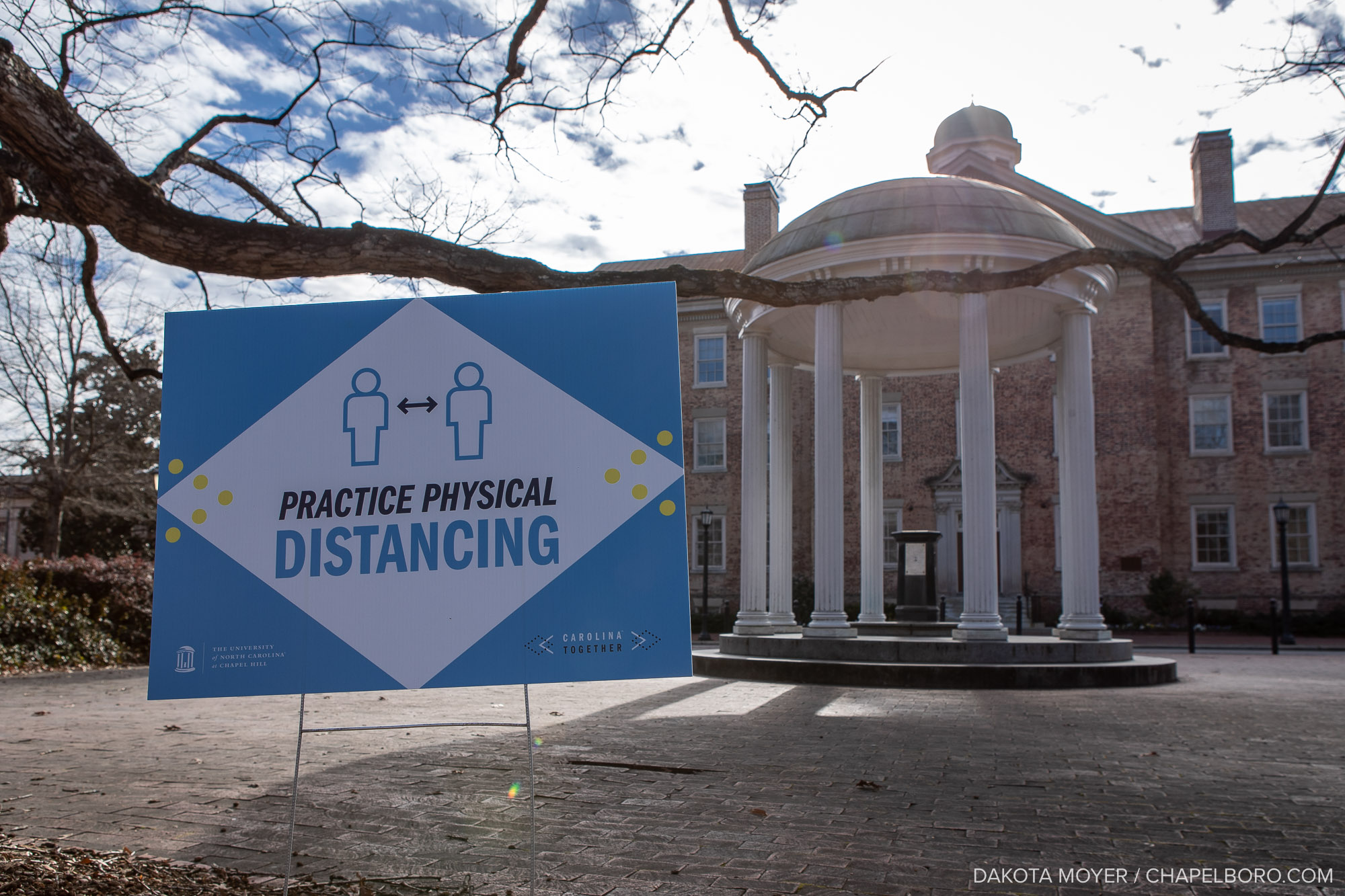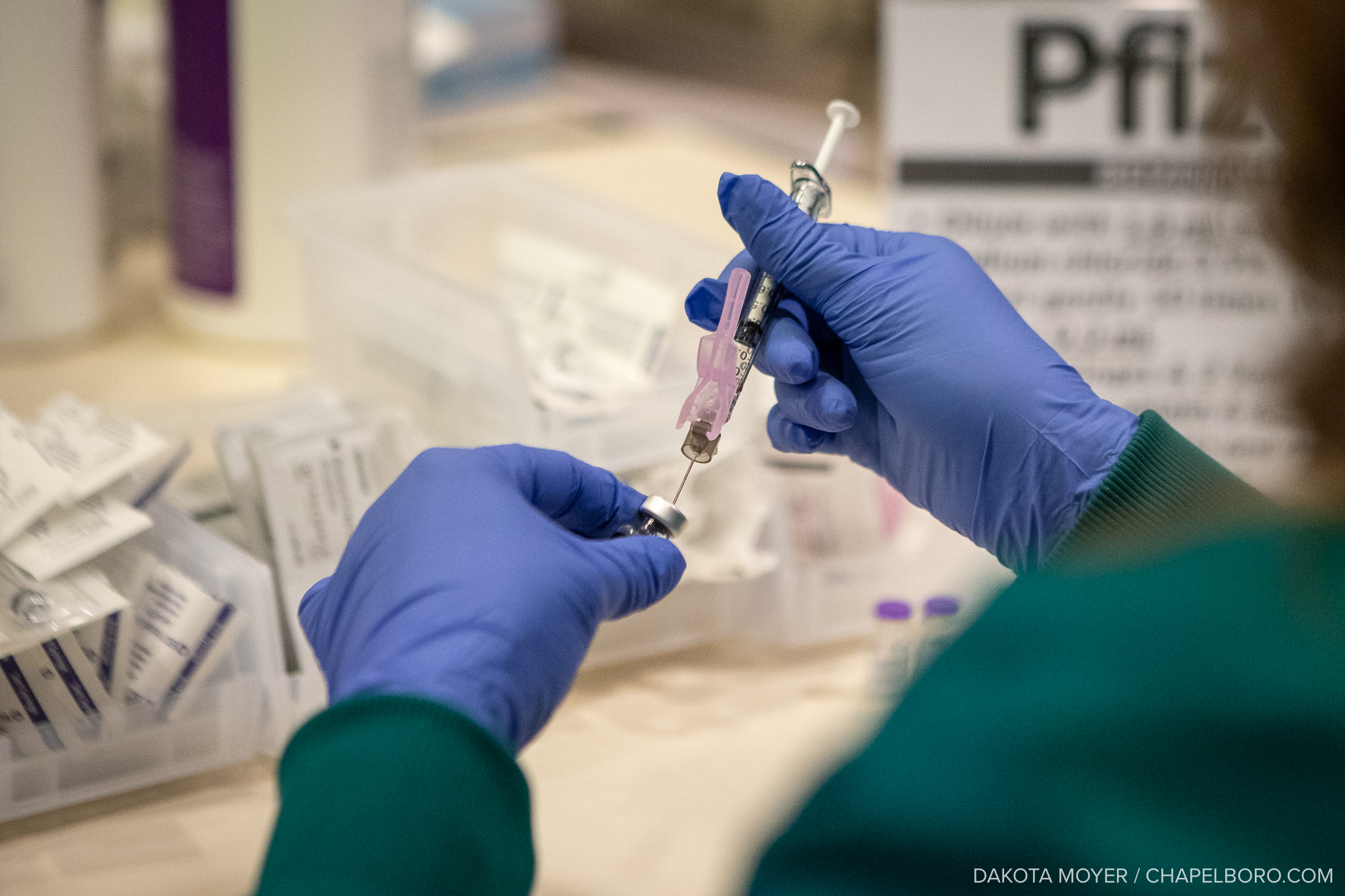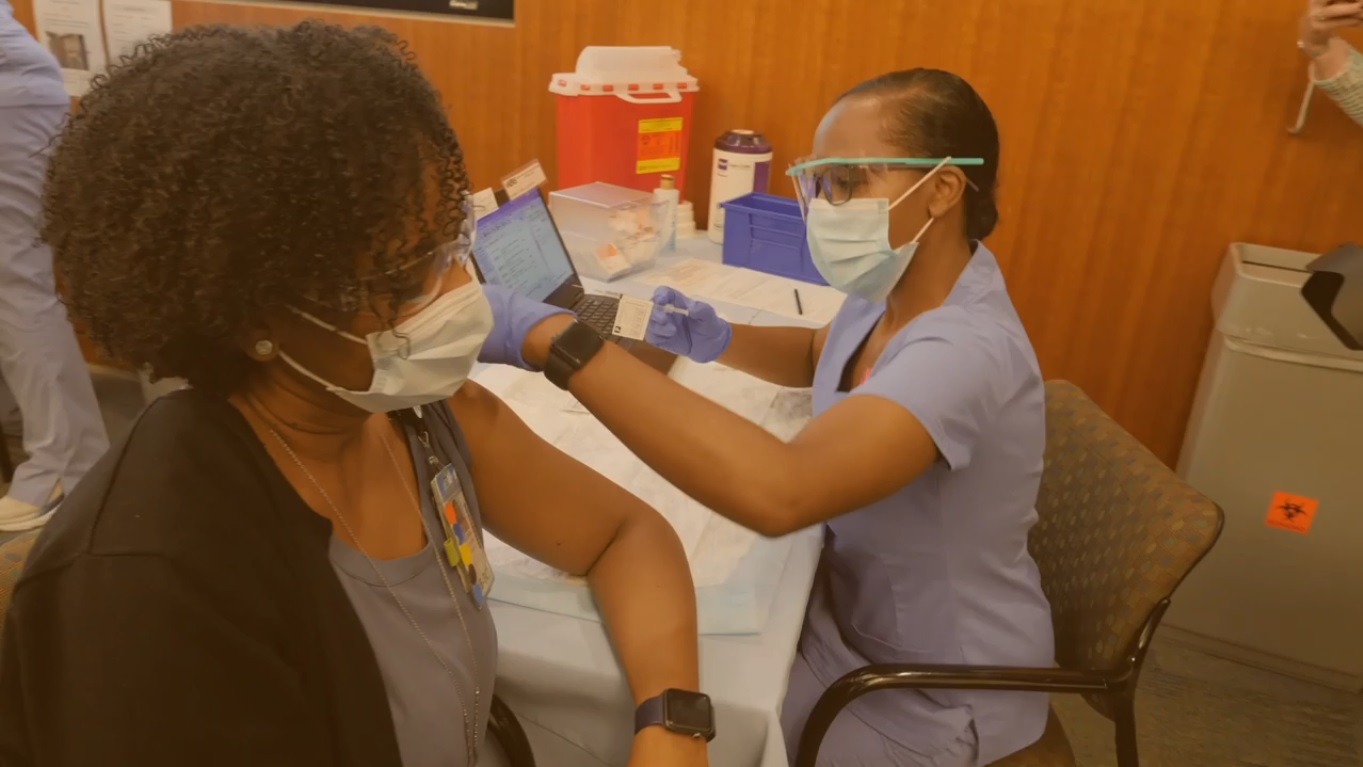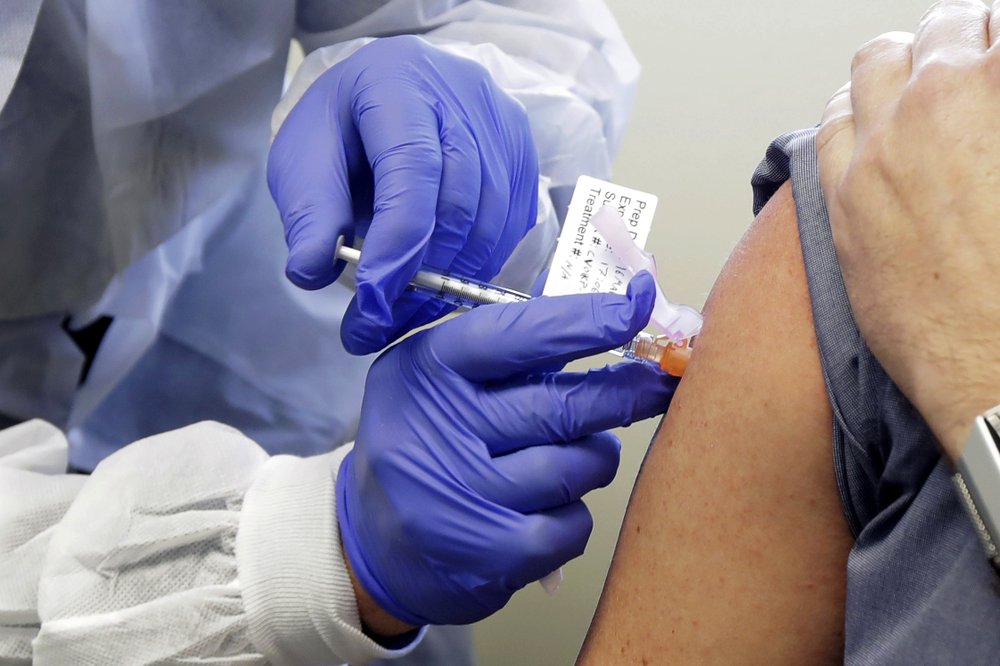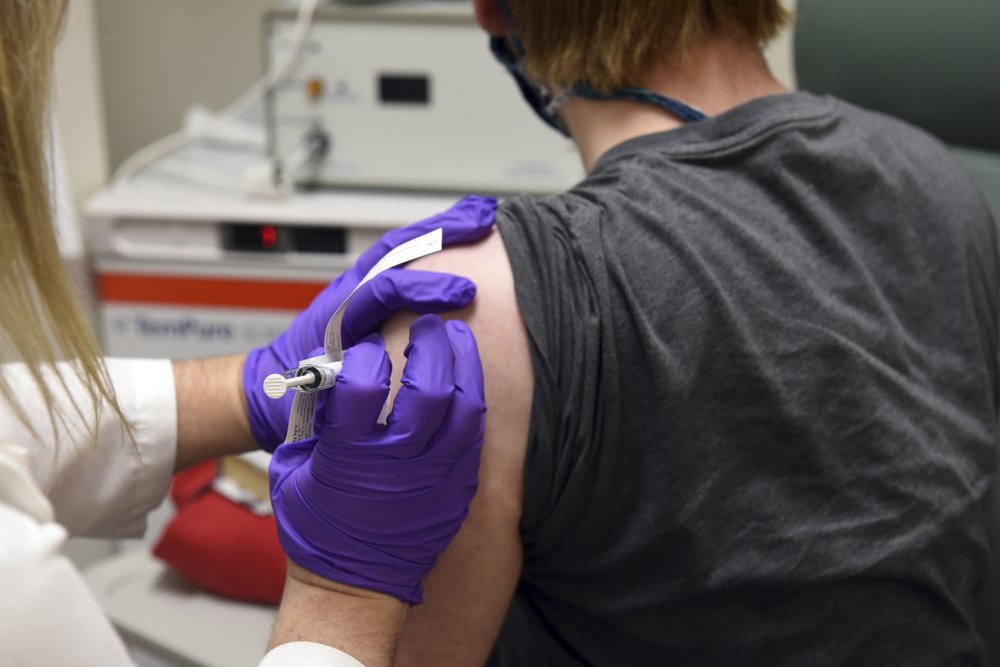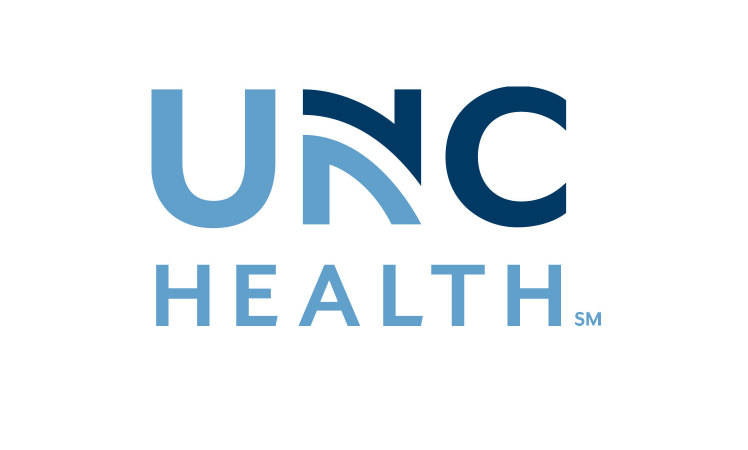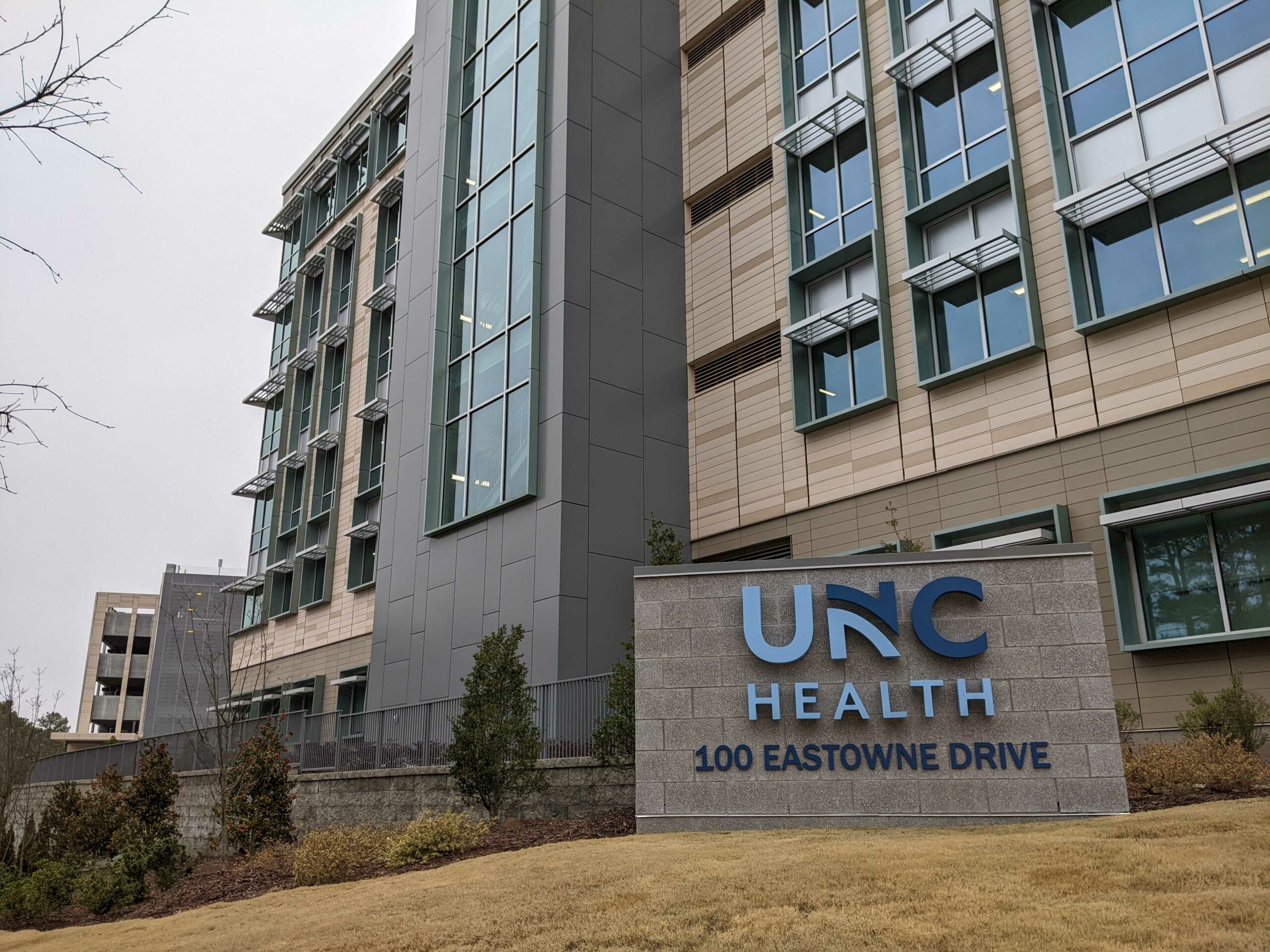Frontline workers at UNC Health’s Medical Center are expected to receive COVID-19 vaccines today. Other hospitals in the system, including UNC REX in Raleigh, are expected to get vaccines later in the week. However, as some frontline workers prepare to be inoculated, questions continue to be raised about the safety and efficacy of the vaccine.
Since the pandemic began, UNC Health has admitted around 5,000 COVID-19 patients and completed over 22,00 COVID tests. As of Friday, 305 COVID-19 patients we’re admitted to UNC hospitals across the state – over a hundred more patients than the system saw four weeks ago.
As cases continue to rise, while UNC Health is strongly encouraging its eligible employees to get vaccinated, it will not be mandatory.
Dr. Cindy Gay is an Associate Professor of Infectious Disease and the Primary Investigator for the Moderna vaccine Clinical Trial at UNC.
Gay said, despite public doubts, there is plenty of information that ensures the vaccine has been safely, albeit quickly, developed.
“Unlike ever before, in the very beginning, we had people recognizing the urgency and the need and coming together,” Gay said. “For these COVID-19 vaccine trials, that’s operation warp-speed, it’s the best of the best at the NIH and when you have all of those groups come together and making a real commitment and thousands of people working into the nights and on the weekends, you can accomplish a lot.”
Due to the urgency of the pandemic, Gay said it’s not surprising that the COVID-19 vaccine was developed more quickly than usual.
“There are several steps that get sped up,” Gay said. “One, you don’t have to look for funding because everyone agrees that this is a need. In addition, these are very large-scale studies that allow us to accrue the cases of COVID-19 much quicker.”
Forty-three thousand participants were enrolled in the Pfizer study while 30,000 participants were enrolled in the Moderna study. Because of these large-scale studies, Gay said there is an ample amount of safety and efficacy data to build confidence in the vaccine.
Gay said the efficacy of these COVID vaccines is much better than she could have hoped for. She said the vaccine is 94 to 95 percent effective in preventing symptomatic infection.
“If you compare to other vaccines, flu is 40 to 60 percent protective depending on the year – Polio is 90 percent protective after three injections and chicken pox is 82 percent,” Gay said. “So again, the efficacy we’re seeing is great.”
Analysis of vaccine efficacy show that it is 50 percent effective in preventing symptomatic infection after one dose and 95 percent effective after a second dose three weeks later.
In terms of vaccine side effects after the first and second dose, Gay said nothing reported has been unexpected.
“The safety data looks really good,” Gay said. “All of the side effects that we’re seeing are those we see with any vaccine both in studies and in clinical practice. Most of the side effects are mild to moderate – some pain and tenderness at the site and moderate could mean that you just decided you needed to take Tylenol or ibuprofen because your arm hurt a little bit.”
While there are still some questions about the COVID-19 vaccines, such as whether or not they will prevent asymptomatic infection, Gay said she still recommends the vaccine for everyone.
“For right now, knowing that these vaccines work to decrease severity and decrease severe disease – which gets people in the hospital – is just tremendous,” Gay said.
Lead photo via Liam McBurney/AP.
Chapelboro.com does not charge subscription fees. You can support local journalism and our mission to serve the community. Contribute today – every single dollar matters.

